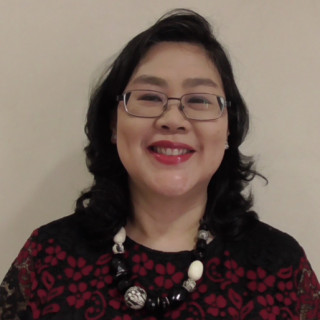Reflective practice
A beautiful scenario emerges encouraging the client to go further....
A client feels stuck and at his wits on what to do...
Amidst the urgency and rush outside of you, how can your client think better and more creatively around you...
How can we embrace our humanity, in helping our clients reconnect with their own innate brilliance in immersing in the beauty of the 7 human qualities.
Khoo Sim Choo, coach supervisor, PCC explored on how to stimulate a thinking environment and leverage on your client's strengths, becoming even more resourceful with key takeaways.
1. An understanding of the transformational power of our thinking partnership with the client
2. Simple activities on the 7C's Reflective learning (Care, Compassion, Curiosity, Creativity, Contemplation, Connection, Courage)
3. How to spark the transformation process by co-creating with our client
Power of Reflective learning.
Reflective learning and reflective practice and what it means for coaching supervision.
Explore models for Coach Supervisors creating safe space for development of their clients as reflective practitioners.
To see with fresh eyes, open hearts, and freed minds. Reflective learning practice enables us to stay connected, and alive to all of what we are doing and how we are being as coaches and coaching supervisors as we work with our clients.
Reflection stems from Latin meaning to bend back, to stand apart from, to stand outside of. (Reference: Elaine Patterson, CSA)
Reflective learning is about helping supervises to become alive to their experiences, to raise their awareness, to awaken, to question, to challenge, to shift perspectives, to re frame and to see with fresh eyes.
As we support ourselves as Reflective partners with supervisees to facilitate the optimal conditions for Reflective learning:
- Change breath
- Being centred and grounded
- Appreciative spirit
- Visualisation and sensing
Optimum states that enable the supervisee to learn reflectively include stillness, openness, Curiousity, courage and compassion.
To start to retreat from our left brain, logical, rational, Judgemental thinking processes and open us up to experience - to experience experience.
Reflective learning requires us to be present to ourselves so that we can question our frames of reference and be able to reconnect with our innate wisdom and inner knowing.
Reflective learning is the lifeblood that drives creativity, inspiration, and practical wisdom in practice, moment by moment.
Understand the difference between reflection on action(Schon) and reflection in action:
Pause and be present to all that we are thinking, feeling, and how we are behaving as the experience unfolds.
Share this article

Accredited Coaching Supervisor

Author: Christoffel Sneijders

Author: Sylviane Cannio, MCC, MP, ESIA

Author: Michelle Lucas
Online Community
Become part of our online family. Connecting and empowering each other to succeed. We want to give supervision wider exposure and a larger 'share of voice' in the coaching community. Come and join us!